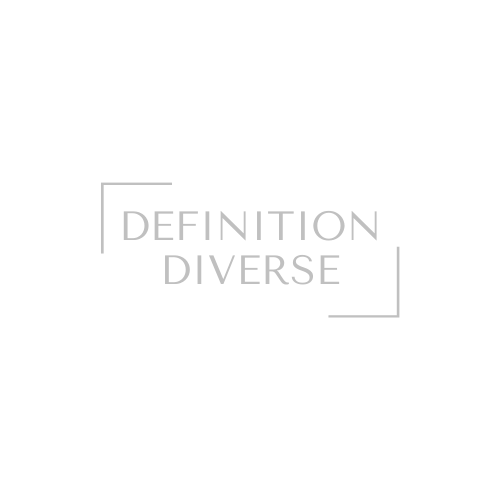OCCUPATIONAL
- Personal satisfaction and enrichment derived from an individual’s work is a journey worth pursuing. The work life of most adults across all societies is very important – its role is both economic and instrumental, providing livelihood to the individual. Our work life involves a willingness to learn, to develop and to reach goals 1. Work involves a large proportion of our adult life, so engaging in work that is both inspiring and challenging is important.
- Also, work plays a psycho-social role, providing meaning to an individual’s life and societal inclusion. It is fundamental that people enjoy their work, as well as where they work and who they work with. Also, over-working in this life dimension to the detriment of other dimensions is something that will most likely eventuate in imbalance.
What are future directions in the workplace?
- Hybrid working is the new norm: with 9 out of 10 companies predicted to combine remote and on-site working in coming years.
- Progressive Companies are pursuing wellbeing strategies for the individual worker. Positive organisational approaches include understanding and appreciation of optimal organizational states, outcomes and dynamics that support human flourishing in the workplace. Other positive approaches in the workplace include skills- based placement, development of strengths and talents, flexibility in work schedules, hybrid working & learning, to allow employees to do what they do best in the work role. Approaches may also include 360-degree feedback, team building, pay for performance and work-life balance.
- Research on work environments show that productivity and job satisfaction are diminished in settings with negativity, cynicism, and mistrust: with the opposite in settings of positivity, which foster confidence, hope, optimism and resilience. Positive workplaces also require leadership development, including psychosocial capital & moral perspective, as well as a positive organizational systems that promote positive self-development and sustained work performance.
So, what skills are needed for future work in our Age of Information?
- Global research shows technical skills are highly valued, with leadership, attention to detail, collaboration, personal learning & mastery, achievement focus, cultural & social intelligence being most sought-after skills by employers.
[1] The Oxford Handbook of Positive Psychology: Shane Lopez and Charles Snyder
